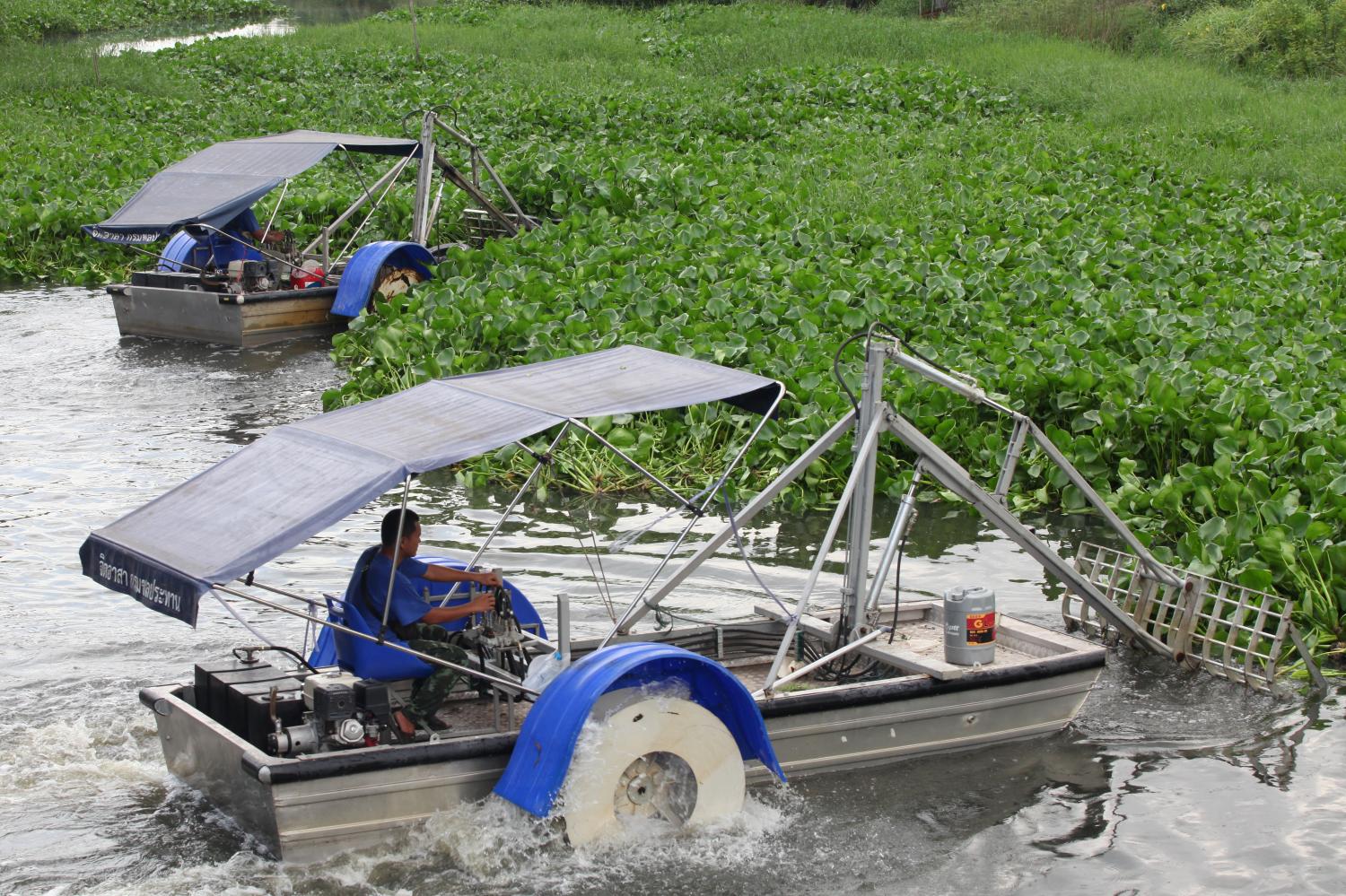
The government has ordered local authorities to prepare groundwater for sustained use by farmers and residents as a way to get through drought, according to Lt Gen Kongcheep Tantravanich, spokesman for Deputy Prime Minister Prawit Wongsuwon.
The order was made during a tour of drought-stricken areas in Loei led by Gen Prawit, who was accompanied by Natural Resources and Environment Minister Varawut Silpa-archa on Wednesday. The tour was to assess the extent of the drought and monitor efforts by local communities to deal with water shortages.
At tambon Na Pong in Muang district, Gen Prawit and Mr Varawut visited four sites under a project to build artesian wells to generate a constant supply of underground water which is filtered for consumption. Other artesian wells were also dug to provide sources of water for large farms in tambon Nam Suay, according to Lt Gen Kongcheep.
The underground water projects for large farms were initiated by the Department of Groundwater Resources (DWR) and they have proven to help alleviate the impact of drought across six provinces including Loei.
The others are Kanchanaburi, Lamphun, Phetchabun, Yasothon and Sa Kaeo where owners of vast swathes of land have struggled in the face of worsening water shortages in the past several months.
Also, farmers are urged to plant drought-resistant crops which are sold at high prices, the spokesman said.
Gen Prawit has instructed local authorities to come up with a comprehensive system of collecting and storing rainwater during the rainy season for use in the summer.
Last month, DWR chief Bhadol Thavornkitcharat said the department last year conducted a study in Nong Khai and Mukdahan where rainwater samples were collected and tested in a laboratory.
He said the results showed rainwater collected from the area was safe, but still contained minimal levels of chemicals and bacteria.
